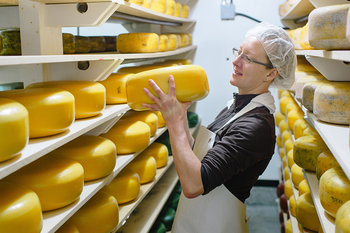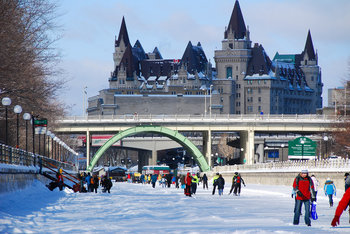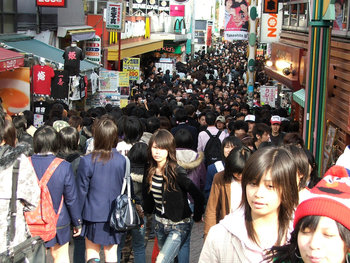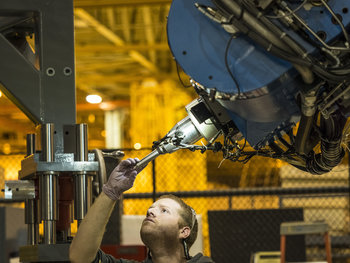
Knowledge
A region that is able to attract and retain talented professionals who are in demand on a global basis. For example, Silicon Valley attracts large numbers of software developers. This has lead to a nerdy local culture whereby conversations about technology flourish and local knowledge becomes a competitive advantage.Manufacturing
Large-scale manufacturing regions such as the Pearl River Delta in China that attract a large number of workers. Suppliers are close to each other and local knowledge allows for advantages such as effective price negotiations. Manufacturing techniques and industry knowledge quickly spread between firms.Financial
Financial capitals such as London, New York, Singapore, Hong Kong and Tokyo. Based on factors such as reputation, institutions, infrastructure and quality of life that allows a city to attract top talent and firms.Retail
Clusters of similar retail shops that attract shoppers who find the proximity of many shops to be convenient and stimulating. For example, the Ginza luxury shopping district of Tokyo.Quality
A region that wins a reputation for superior quality for a particular good. For example, the Champagne wine region of France has a reputation for wine production that dates back to the Middle Ages.Fashion
A city with a reputation, creative climate and institutions that support a thriving fashion industry such as Paris, New York and Tokyo.Culture
A city with a rich culture that gives it an enduring advantage for tourism such as Paris, Amsterdam and Kyoto.Night Economy
An area such as New York City's Theater District that offers performance arts, dining and bars that lead to a lively atmosphere at night.Entertainment
An area such as Hollywood with a cluster of firms and creative climate for producing commercially successful entertainment.Wholesale
A cluster of wholesalers such as Antwerp's diamond district that handles a high percentage of the world's rough diamond sales.| Overview: Business Cluster | ||
Type | ||
Definition | An area with a sustained competitive advantage in an industry based on factors such as local knowledge, reputation, institutions, infrastructure, creative climate, culture and quality of life and economies of scale. | |
Related Concepts | ||






























